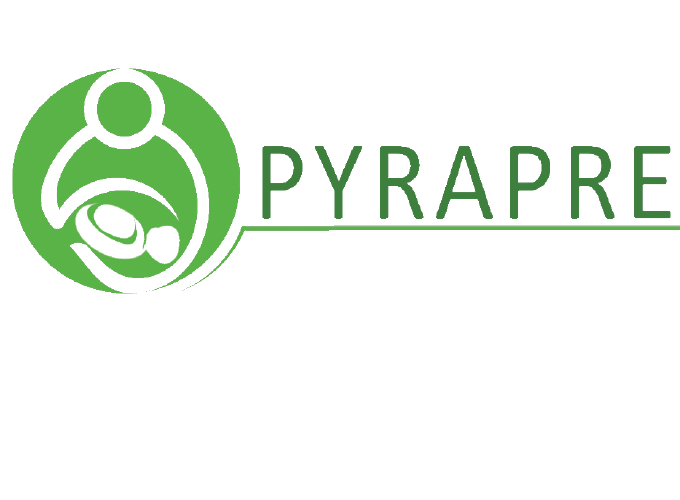PYRAPREG: new treatment option for malaria in pregnancy
Malaria in pregnancy is a major cause of maternal anaemia and low birth weight, resulting in significant maternal and infant mortality/morbidity, poor growth and infant development. Though artemisinin-based combination therapies (ACT) are currently recommended for the treatment of malaria in the 2nd and 3rd trimesters of pregnancy, their tolerability, safety and efficacy vary considerably, limiting treatment options.
Pyronaridine-artesunate (PA), the latest ACT registered, is well tolerated in children and non-pregnant adults for single and repeated treatment. Although PA has shown good safety and tolerability profile in pre-clinical studies, there is insufficient information to recommend its use during pregnancy. The PYRAPREG (Efficacy and safety of a newly registered artemisinin-based combination (pyronaridine-artesunate – Pyramax®) for the treatment of uncomplicated malaria in African pregnant women) aims to establish whether pyronaridine-artesunate presents an alternative treatment option for African pregnant women (2nd or 3rd trimester) with uncomplicated falciparum malaria. The study aims to provide this information necessary for inclusion this ACT in the guidelines for management of malaria during pregnancy.
EDCTP invests more than EUR 7 million in the project which is led by Dr Kassoum Kayentao (University of Sciences, Techniques and Technologies of Bamako in Mali. The study is a three-arm multicentre randomised open label trial in five African countries (Burkina Faso, Mali, The Gambia, the Democratic Republic of the Congo and Mozambique). Other partners are institutions in the Netherlands, Spain and the United Kingdom.
The PYRAPREG consortium is funded by the European & Developing Countries Clinical Trials Partnership (EDCTP). This project is part of the EDCTP2 programme which is supported by the European Union under Horizon 2020, its Framework Programme for Research and Innovation.


